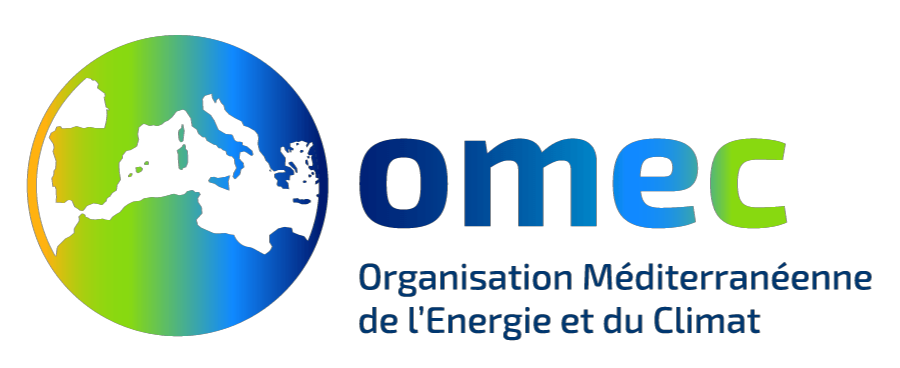The Business Observer – September 25, 2014 – Europe has the great challenge and opportunity to take advantage of the energy inputs – in particular for natural gas – and to put the Mediterranean at the core of future energy solutions. This was discussed at an international conference organised by the Maltese government in collaboration with Cyprus and the European Commission. The European Union is facing the hard challenge of securing its current and future gas supply and for this purpose has to work in two directions that are strictly related and interconnected.
First of all, maximising Europe’s domestic resource capital is crucial not only for energy supply, but also to build a virtuous circle between investments, growth and job creation. The right framework with the adoption and implementation of the ‘offshore safety directive’ is of paramount importance, but the crucial factor ought to be a vast confidence-building exercise. We shall showcase the EU’s strict environmental provisions, the strong and articulate monitoring performed by national authorities, the high end technological capabilities of our industry, and the benefits for our communities.
Secondly, it is essential to increase the diversification of European supply by reaching out to new suppliers and safeguarding already existing relationships. A clear vision of the gas role in our future energy mix, as well as solid policies to mitigate investment risks is of great importance. Europe has to strengthen its negotiating position towards Russia, opening up new routes. This is why we fully share the vision of the Italian government that the South Stream pipeline can play a crucial role, opening an alternative route from Russia to Italy though Bulgaria and Balkans.
Besides safeguarding existing relationships, reaching out to new suppliers is crucial. New infrastructures, especially those that will go East-bound to Caspian and Middle Eastern countries, will enable European countries to diversify the supply portfolio beneftting at the same time from some among the world’s largest deepwater gas discoveries of the last decade: the Tamar and Leviathan fields in Israel. In the east of the Mediterranean, recent large scale offshore gas discoveries have opened up a new deepwater province and hence a gas bonanza in Israel, Lebanon and Cyprus.
The OME (Observatoire Méditerranéen de l’Energie) expects Israeli gas production to reach 24 billion cubic metres (bcm) by 2030. This means that Israel has the potential to become a significant gas exporter in the next decade. In the next 10 years Cyprus could also begin to export gas thanks to a total of 1,700 bcm of gas which the Cypriot authorities expect to be discovered offshore. Finally, Lebanon, with a gas resource potential of between 700 bcm and 2,000 bcm has been eager to jump into the gas bonanza train in the region, although not a single well has been drilled in Lebanese waters yet.
It appears clear that the Mediterranean is endowed with high potential of natural gas. The regional cooperation is definitely one of the most important answers to overcome the challenges ahead. In this regard a Euro-Mediterranean platform on gas as suggested by Malta and the European Commission and agreed to in principle by delegates at the recent ‘Malta Energy Conference’ would facilitate such needed enhanced cooperation.
Bruno Lescoeur is chairman of the Observatoire Méditerranéen de l’Energie, CEO of Edison and senior executive VP Gas and Southern Europe of Électricité de France.
